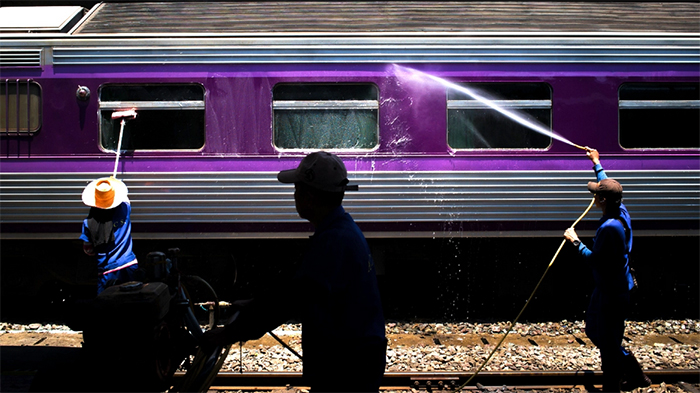
Cross-border Cooperation can Help Countries Overcome the COVID-19 Pandemic
In a blog post, Mr. Arjun Goswami of the Asian Development Bank (ADB) emphasizes the importance of regional cooperation to more effectively address the transnational threat and mutual risks posed by the COVID-19 pandemic.
“COVID-19 reminds us that we are highly interconnected, not just in terms of goods, capital and information but also human interaction, and that disease does not respect national boundaries,” wrote Mr. Goswami. He notes that while the pandemic has prompted national lockdowns and closure of borders, what is most necessary now is not to step back from cross-border cooperation but to redouble such cooperation.
Strategic cooperation can more effectively protect human health from the current pandemic and promote a recovery of human welfare from the effects of the crisis. Coordinated responses can effectively mitigate pandemic crises.
Citing examples, senior health officials from the Association of Southeast Asian Nations (ASEAN) pledged their commitment to regional collective action and sharing of information on the results of disease surveillance and social interventions. They also discussed regional access to equipment and testing facilities.
Mr. Goswami underscored ADB’s work on regional cooperation. Through its various regional cooperation platforms, such as the Greater Mekong Subregion (GMS), South Asia Subregional Economic Cooperation (SASEC), and Central Asian Regional Economic Cooperation (CAREC) programs, ADB effectively mobilized support for regional public goods. In the GMS, the Regional Communicable Disease Control Project has helped contain outbreaks of disease, reduced fatalities, and strengthen regional networks.
He puts forth that in the medium term, to reduce the likelihood of future pandemics and respond effectively when they occur once again, ADB will need to work with its member countries and the private sector on (i) equipment, research and testing facilities; (ii) regulations and policies, (iii) updating and harmonizing national public health legislation to support safe cross-border travel and tourism; (iv) developing policies to support social protection of mobile, vulnerable groups; (v) coordination mechanisms and systems; and (vi) resources and funding.
